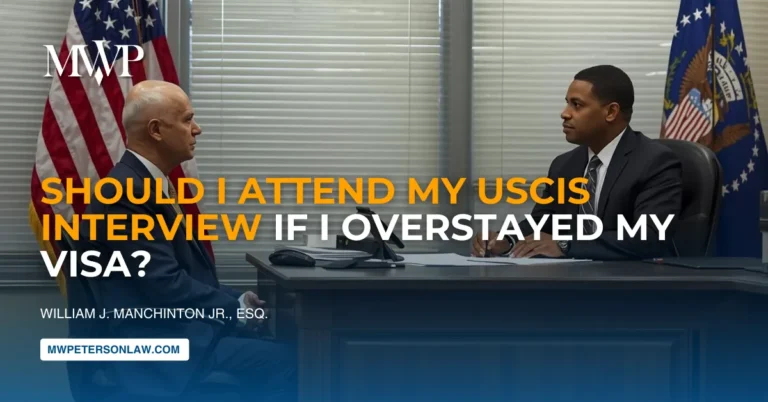What Is an Indictment? When facing criminal charges, navigating the legal system can feel overwhelming. One term you might encounter is “indictment,” which plays a crucial role in how serious criminal cases move forward. At the Law Office of Matthew W. Peterson, let’s break down what this means for you or your loved ones.
What Is an Indictment?
An indictment is a formal accusation of a crime, issued by a grand jury. It serves as the pathway for a criminal case to move from district court to superior court, where more serious offenses are typically handled. Think of it as the legal system’s way of saying, “There’s enough evidence here that this case deserves to be heard in a higher court.”
The Grand Jury Process Explained
Unlike the trial jury you might see in movies or TV shows, a grand jury works behind closed doors. Here’s how it works:
- The district attorney presents evidence about your case to a group of jurors. These community members listen to the evidence and then vote on whether there’s “probable cause” to believe you committed the crime in question.
- Probable cause is a much lower standard than “proof beyond a reasonable doubt” (which is required for a conviction at trial). Essentially, probable cause means there’s some reasonable basis to believe you may have committed the offense not that you definitely did.
What Happens After an Indictment?
If you’re indicted, your case moves to superior court in your county. This might happen in two ways:
If you already have charges in district court: In most cases, you’ll keep the same release conditions and receive a summons for an arraignment (your first appearance) in superior court.
Direct indictment: Sometimes, an indictment can skip the district court process entirely. The grand jury might investigate and indict you before any arrest or district court proceedings have occurred.
It’s important to understand that once your case reaches superior court, it essentially starts over. This means:
The prosecution could request a “dangerousness hearing” and potentially have you detained for up to 120 days if the court believes no release conditions can protect the community.
The discovery process (where evidence is shared between parties) begins again.
Depending on your location, you might receive a trial date at your arraignment or be given another court date for a pretrial hearing.
Why Legal Representation Matters
During the grand jury process, you don’t have a representative present—it’s just the district attorney presenting their side. This one-sided process means the grand jury only hears evidence that supports charging you.
That’s why having an experienced attorney by your side throughout the rest of the process is absolutely essential. While the district attorney is building a case against you, your attorney can:
Investigate facts that support your side of the story
Challenge evidence that was improperly obtained
Negotiate for reduced charges or alternative resolutions
Prepare a strong defense if your case goes to trial
Moving Forward
Facing an indictment can be frightening, but understanding the process is the first step toward addressing it effectively. Remember that an indictment is not a finding of guilt—it’s simply a determination that there’s enough evidence for the case to proceed to the next level.
If you’re facing possible indictment or have already been indicted, seeking qualified legal help immediately can make all the difference in protecting your rights and working toward the best possible outcome. If you’re seeking for legal help, call the Law Office of Matthew W. Peterson now.











